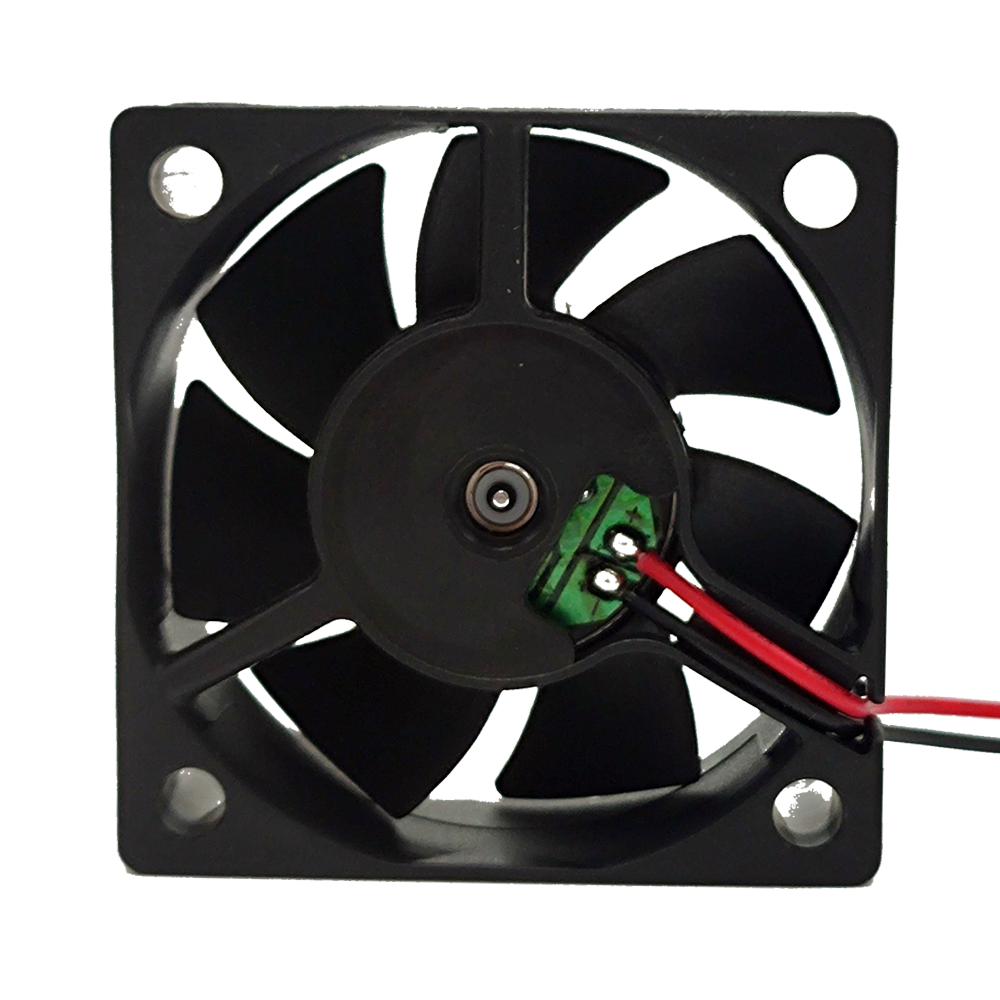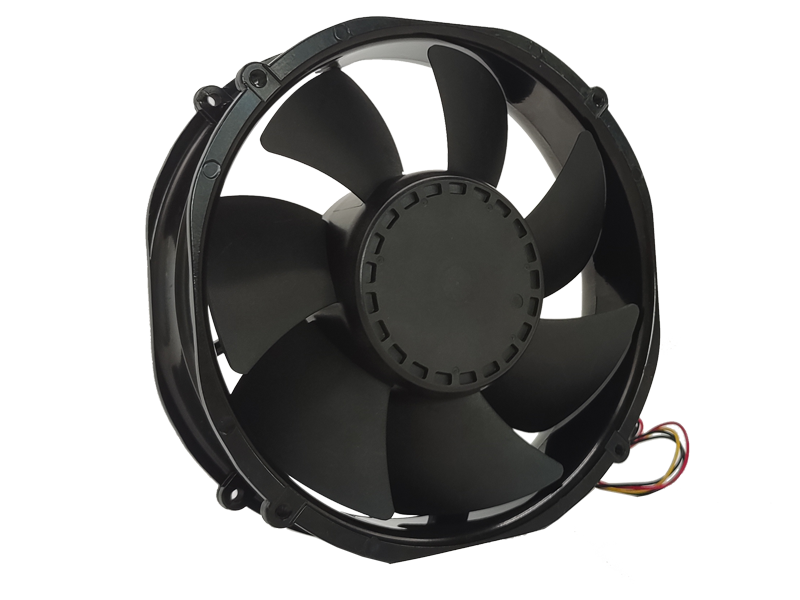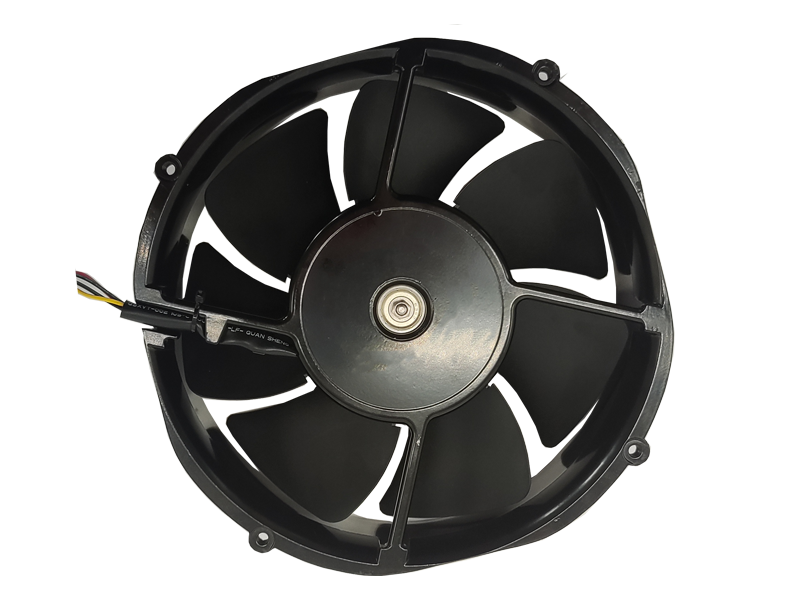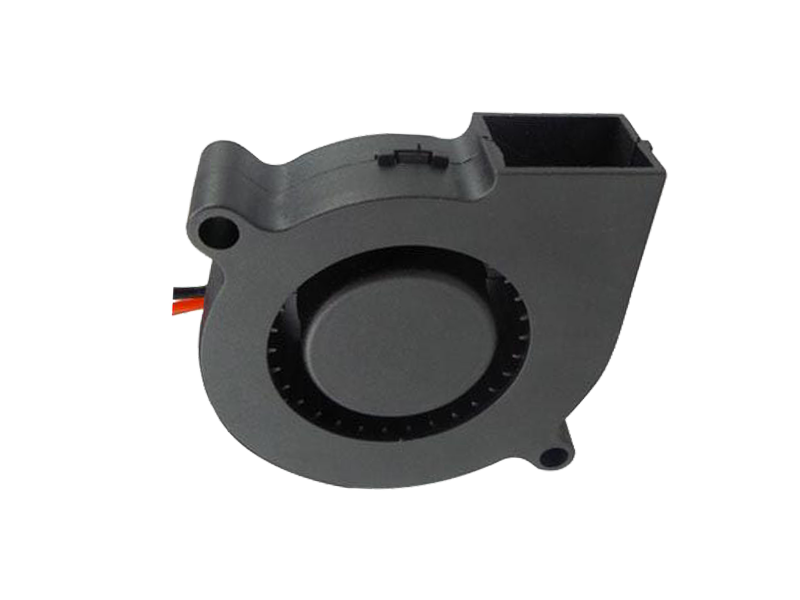Industrial fans may not always get the recognition they deserve, but they are vital components in a wide variety of manufacturing and industrial processes. From controlling temperatures to ensuring air circulation, these machines play an essential role in maintaining operational efficiency and protecting equipment from overheating. This article takes an in-depth look at the importance of industrial fans, how they work, and the various ways they contribute to industrial success.
1. The Role of Industrial Fans in Manufacturing
In manufacturing environments, industrial fans are essential for maintaining the ideal conditions for machinery and workers. Overheating can cause machines to malfunction, leading to costly downtime and repairs. Moreover, poor air quality can affect the health and safety of workers. Therefore, industrial fans are designed to perform a dual role: providing ventilation and ensuring proper cooling.
Cooling Equipment
Industrial machines, especially high-performance ones, generate a significant amount of heat. Industrial fans are used to dissipate this heat and prevent equipment from overheating. By circulating air and moving heat away from critical components, fans help maintain optimal operating temperatures.
Maintaining Air Quality
Industrial fans also help keep the air in manufacturing environments clean by ventilating dust, fumes, and other airborne contaminants. In industries such as metalworking or chemical processing, where harmful substances are often present, industrial fans ensure that these materials are effectively extracted from the air, promoting a healthier working environment.
Energy Efficiency
Many industries now focus on improving energy efficiency to reduce operational costs. Industrial fans with energy-efficient motors and variable speed controls help minimize energy consumption while maintaining high performance. By adjusting fan speeds based on real-time needs, businesses can lower energy costs and reduce their environmental footprint.
2. Types of Industrial Fans and Their Applications
There are various types of industrial fans, each suited to specific applications. Understanding the different types and their functions can help businesses choose the right fan for their needs.
Axial Fans
Axial fans are the most common type of industrial fan. They move air in a straight line along the axis of the fan. These fans are often used in applications where large volumes of air need to be moved, such as in ventilation and exhaust systems.
Centrifugal Fans
Centrifugal fans use rotational energy to move air. These fans are designed to handle higher pressures and are often used in applications where air needs to be moved against resistance, such as in HVAC systems or dust collection systems.
Turbine Fans
Turbine fans are high-powered fans that provide significant airflow in applications where high-pressure conditions are required. They are used in specialized environments such as gas turbine systems or large industrial applications.
Inline Fans

Inline fans are mounted in a straight line within ducting systems. These fans are often used in confined spaces where larger, bulkier fans cannot be accommodated.
3. Advanced Features in Modern Industrial Fans
Today’s industrial fans come equipped with a variety of advanced features that enhance their efficiency, performance, and versatility. Some of these features include:
Variable Speed Control
Fans with variable speed control allow businesses to adjust the airflow according to real-time needs. This feature is particularly useful in applications where fan speed must be modified based on temperature, humidity, or air quality levels.
Energy-Efficient Motors
Energy efficiency is a growing concern across industries. Modern industrial fans are designed with energy-efficient motors that reduce power consumption while maintaining high performance. These motors help businesses cut costs while promoting sustainability.
Automated Monitoring Systems
Some industrial fans come with automated monitoring systems that track fan performance, detect issues such as abnormal vibration or wear, and alert operators when maintenance is required. These systems help prevent costly breakdowns and optimize fan operation.
4. Conclusion
Industrial fans are integral to the smooth operation of manufacturing plants, warehouses, and a wide range of industrial environments. From cooling machines to ensuring good air quality, these fans play a vital role in enhancing efficiency, protecting equipment, and ensuring worker safety. With ongoing technological advancements, modern industrial fans are becoming smarter, more energy-efficient, and better suited to meet the demands of modern industries.
Recommended Products

The main purpose:Car charging station

The main purpose:Car charging station

The main purpose:Electronic refrigerators, water dispensers, direct drinking machines, inverter power supplies
Address:No. 4137, Longgang Avenue (Henggang Section), Henggang Community, Henggang Street, Longgang District, Shenzhen
hotline:13530005572(Chen)15112579390(Li)


Welcome all friends to come for consultation and negotiation.
Copyright 2024 @ Shenzhen Youneng Xinyuan Electronics Co., Ltd.,(industrial fans,industrial blowers,axial fans,cooling fans manufacturer,centrifugal fans,ac cooling fans,dc cooling fans)